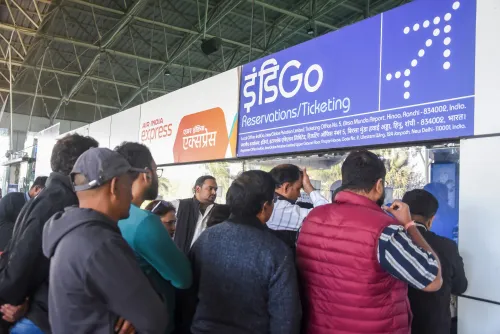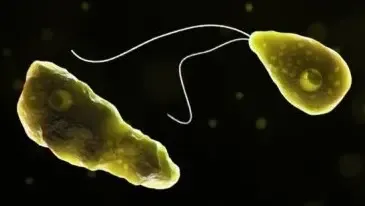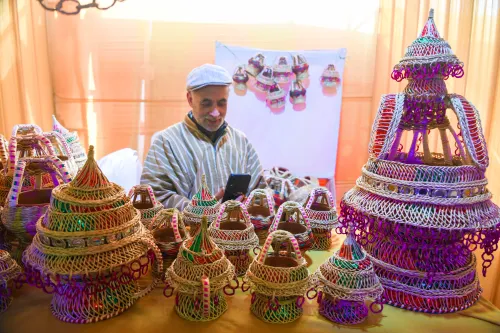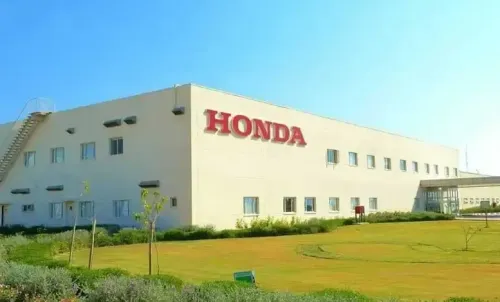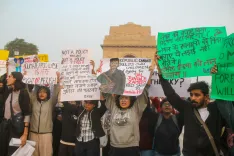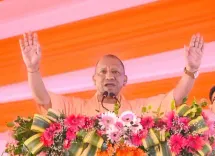How are PM Garib Kalyan Anna Yojana and Poshan Abhiyan Advancing Food Security in India?
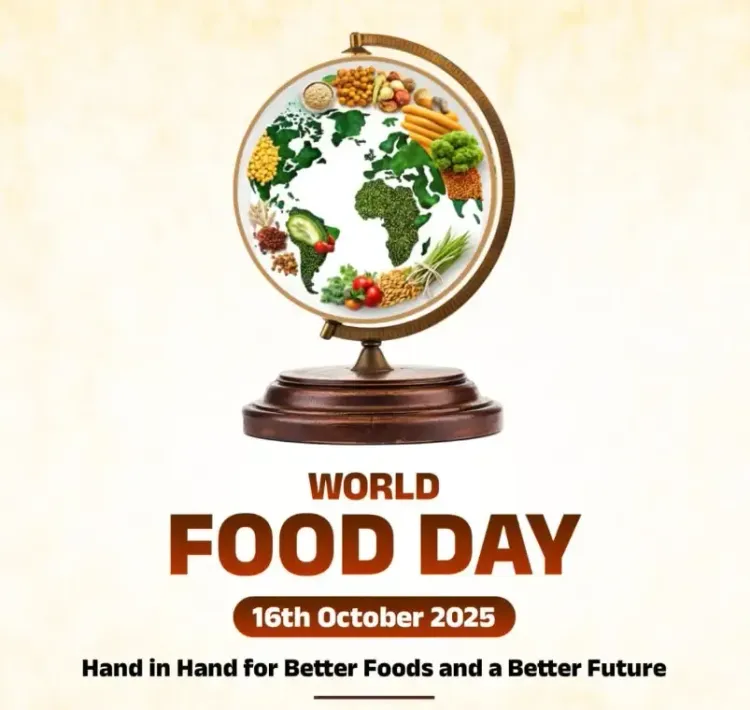
Synopsis
Key Takeaways
- PMGKAY provides free foodgrains to vulnerable households.
- Poshan Abhiyan enhances the nutritional status of children in schools.
- Both initiatives aim to combat hunger and malnutrition.
- Minister Nadda emphasizes the need for sustainable food production.
- World Food Day serves as a reminder of our collective responsibility.
New Delhi, Oct 16 (NationPress) Initiatives such as Pradhan Mantri Garib Kalyan Anna Yojana (PMGKAY) and Poshan Abhiyan have been instrumental in enhancing food security across the nation, stated Union Health Minister JP Nadda on Thursday during World Food Day.
This annual observance on October 16 aims to promote awareness regarding food security, nutrition, and sustainable agricultural practices.
In a message shared on the social media platform X, the Union Health Minister underscored the significance of sustainable and inclusive strategies in both food production and nutrition.
“On this World Food Day, we emphasize the pressing need for sustainable and inclusive methods in food production and nutrition,” Nadda remarked.
Recognizing the visionary leadership of PM Narendra Modi, he noted that initiatives like PMGKAY and Poshan Abhiyan “have been pivotal in enhancing food security, ensuring that every individual has access to safe, nutritious, and sufficient food for a brighter future.”
“With the theme of ‘Hand in Hand for Better Foods and a Better Future,’ today serves as a reminder of our shared responsibility to eradicate hunger and malnutrition,” Nadda added.
The PMGKAY was launched specifically to alleviate the struggles faced by the underprivileged due to the economic impact of the Covid-19 pandemic.
The main objective of PMGKAY is to provide foodgrains free of charge to households identified under the National Food Security Act (NFSA).
The PM POSHAN (POshan SHAkti Nirman) Scheme is a significant national initiative aimed at improving education and addressing hunger by enhancing the nutritional status of children in government and government-aided schools. It also promotes regular attendance among underprivileged students.
Through this scheme, a nutritious hot cooked mid-day meal is offered to all primary students up to the age of 14 years.


